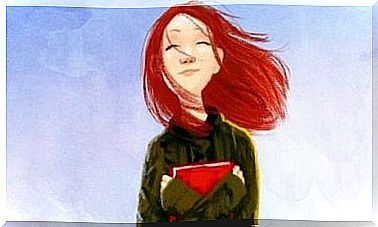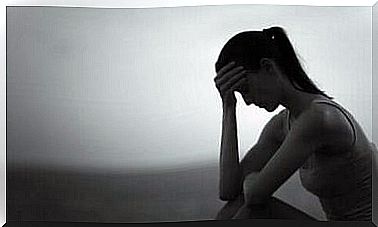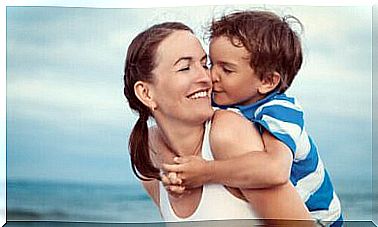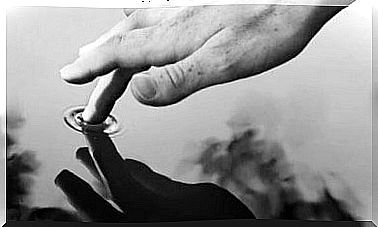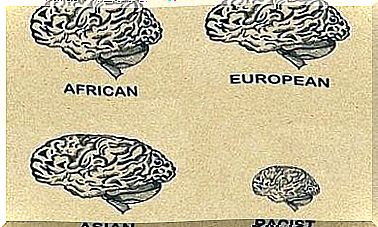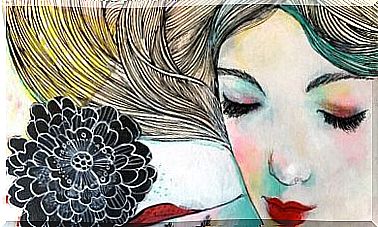Three Incorrect Beliefs About Childhood Bereavement

Grief is a painful process that we all have to go through throughout our lives, including children. However, we are not always able to understand how they live this situation. In fact, although most children deal with childhood grief without major concerns, it is important to know how they conceive this process to put different strategies into practice.
Therefore, ending incorrect beliefs about child grief is essential. That way, if our children need to face this painful situation, we will be able to help them in the best way possible. However, to better understand this type of belief, it is first necessary to define exactly what this idea consists of. Let’s delve a little deeper into this topic.
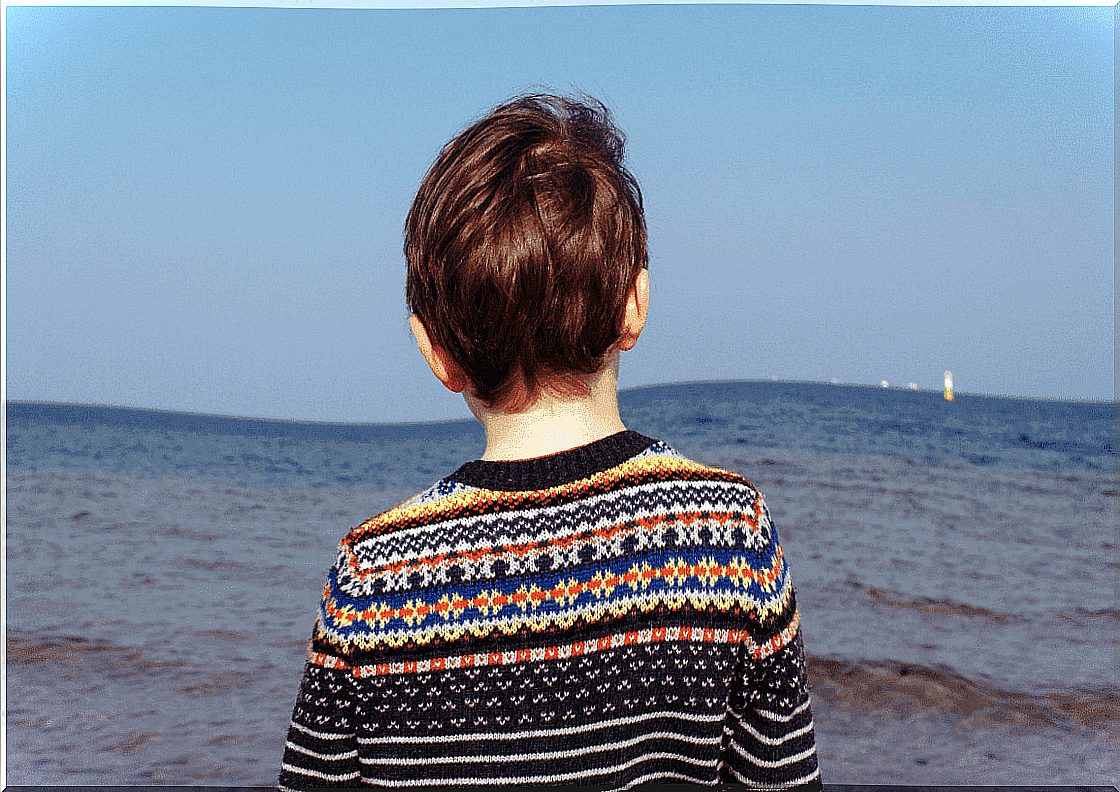
What exactly is grief?
Grief is a process that has to do with facing a loss and comprises a series of steps. It will usually be related to the death of a loved one. However, it can also have to do with other situations, such as the end of a relationship or the death of a pet, among others.
According to psychologist Klüber-Ross, it is necessary to go through five stages to overcome this loss. It is a succession of attitudes and states of mind, in which emotions vary until reaching acceptance. Each person will live this experience in their own way and will travel this path with its different phases in a different way. However, for a deeper understanding, below we will briefly describe what each of these phases consists of.
- Denial. The person cannot believe what happened and uses denial to defend himself from the pain he feels. Your mind tries to find some way to maintain well-being despite finding itself in a situation of maximum impotence.
- Anger. This phase appears when you finally accept that the loss is real. Here, the person feels frustration and impotence in face of what happened.
- Negotiation. The person tries to find a way to reverse the situation. In the event of the death of a loved one, religious or supernatural beliefs can be used as a resource. Also, the emotional pain will be stronger than at any other stage.
- Depression. The person enters a state of deep despair and sadness from the feeling of powerlessness.
- Acceptance. Finally, at this stage, it is accepted that the situation is irreversible. However, unlike the previous phase, the person realizes that they can live with this loss. This is the moment when you look back to extract a learning experience.
On the other hand, it is important to take into account that children can experience this process differently, especially if they are small, since during the first years of life they are usually very dependent both physically and emotionally and, moreover, they may not understand death and its consequences. However, they notice the person’s absence, experiencing feelings of abandonment and lack of protection.
What are the most common incorrect beliefs about childhood grief?
Many people have incorrect beliefs about childhood grief, thinking it is very different from what happens to adults. While it’s true that there are some distinct aspects, there are others in common. However, what is important is that children feel loved and protected by someone else.
Let’s look at the most common incorrect beliefs about childhood grief below.
Children don’t understand what happens
The most dangerous incorrect belief about childhood grief is that children don’t notice anything. It is true that a child does not understand exactly what death is. However, she will notice that changes have occurred in the environment. Thus, she will miss the person who died and will realize that the adults around her are going through a difficult time.
The main problem with this belief is that children will not get the support they need. Losing someone close is hard for them too. Therefore, at this stage, they need more care, attention and understanding than ever before.

Children’s grief should be short-lived
The second incorrect belief about childhood grief has to do with its supposedly adequate duration. In some circles, missing someone for a long time is considered a symptom of weakness. Therefore, some parents feel that a child should get over the death of a loved one as quickly as possible.
However, this creates excessive pressure on the little ones. Thus, not only will they have to deal with their pain, but also with the feeling that they are not living up to expectations. In these situations, it is necessary to understand that children (and adults as well) may need a lot of time to mourn.
Not all deaths can lead to grief
Finally, some people feel that not all deaths should cause pain. However, emotions are not easy to control. Therefore, our children may have to mourn a loss that, at first, should not be so complicated. This can be the case, for example, with a pet or someone not so close.
Again, the key here is understanding. We must remember that children are not choosing to feel bad. Therefore, we have to be patient with them and help them as much as we can.
